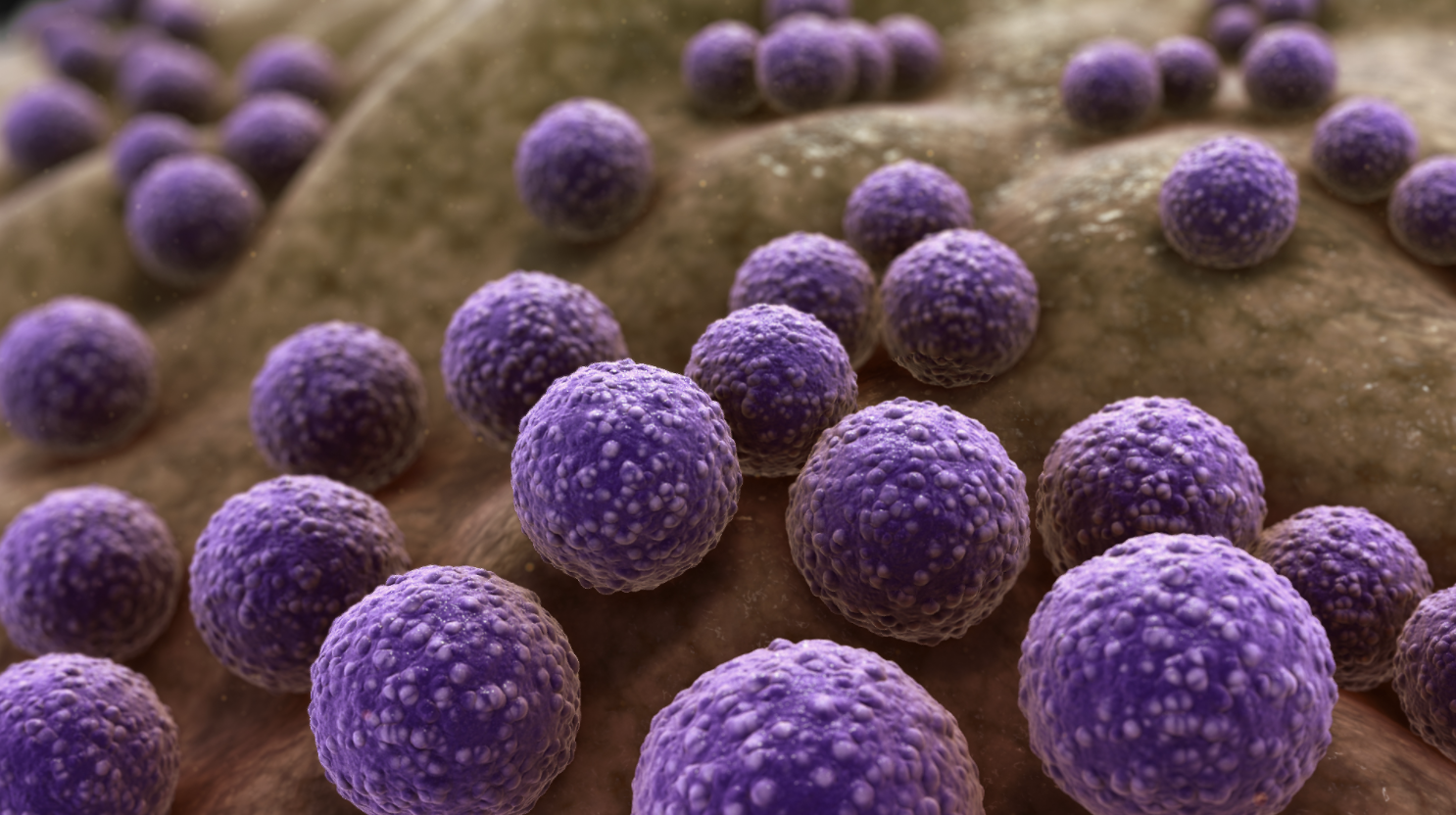The Role of Nutrition in Preventing Chronic Diseases: A Comprehensive Guide

In the modern world, chronic diseases such as heart disease, diabetes, obesity, and cancer have become some of the leading causes of death and disability. While genetics and environment play roles in the development of these conditions, one of the most significant and controllable factors is nutrition. The food we consume daily doesn’t just fuel our bodies—it directly affects our health, metabolism, immune function, and risk of developing long-term illnesses.
Understanding the link between nutrition and chronic disease is essential for anyone striving to lead a healthier life. This article explores how dietary choices influence disease risk and what changes can be made to promote long-term wellness.
Understanding Chronic Diseases
Chronic diseases are medical conditions that persist for a year or longer, require ongoing medical attention, and often limit daily activities. Examples include:
- Cardiovascular diseases (e.g., heart attack, stroke)
- Type 2 diabetes
- Obesity
- Cancer
- Chronic respiratory diseases
According to the World Health Organization (WHO), chronic diseases are responsible for over 70% of all deaths globally. The majority of these conditions are preventable through lifestyle changes—particularly through improved nutrition.
The Link Between Diet and Disease
Dietary habits are one of the most powerful tools for both preventing and managing chronic conditions. Diets high in processed foods, added sugars, trans fats, and sodium are strongly associated with increased disease risk. On the other hand, diets rich in whole foods, fiber, healthy fats, lean proteins, and plant-based ingredients have shown protective effects.
1. Heart Disease
High levels of cholesterol, inflammation, and blood pressure are significant contributors to heart disease. Foods that promote heart health include:
- Fruits and vegetables: Rich in fiber, antioxidants, and potassium
- Whole grains: Help lower LDL (bad) cholesterol
- Healthy fats: Found in nuts, seeds, olive oil, and fatty fish like salmon
- Legumes: Good source of plant protein and fiber
Reducing saturated fats (from red meats and full-fat dairy) and eliminating trans fats is essential to lower cardiovascular risk.
2. Type 2 Diabetes
Poor blood sugar regulation and insulin resistance are at the core of type 2 diabetes. Nutrition plays a vital role in prevention:
- Low-glycemic foods: Such as oats, quinoa, and most vegetables help stabilize blood sugar.
- High-fiber diets: Improve insulin sensitivity and reduce blood sugar spikes.
- Minimizing sugar intake: Avoid sugary beverages, candies, and refined carbs.
3. Obesity
Obesity is a complex condition influenced by genetics, lifestyle, and diet. Nutritional strategies to combat obesity include:
- Eating nutrient-dense but low-calorie foods like vegetables and lean proteins
- Practicing portion control
- Eliminating ultra-processed foods
- Mindful eating to reduce overeating
4. Cancer
Though no diet guarantees cancer prevention, certain dietary habits reduce risk significantly:
- Eating colorful fruits and vegetables packed with phytochemicals
- Limiting processed meats and red meat consumption
- Reducing alcohol intake
- Maintaining a healthy weight
Key Nutrients That Prevent Disease
Specific nutrients are known to have protective effects against chronic diseases:
- Fiber: Promotes digestion, controls blood sugar, and reduces cholesterol.
- Omega-3 fatty acids: Reduce inflammation and support heart and brain health.
- Antioxidants (e.g., vitamins C and E): Protect against oxidative stress and cell damage.
- Magnesium: Helps with blood sugar control and muscle function.
- Vitamin D: Important for bone health and immune function.
The Dangers of Processed and Fast Foods
Modern diets often include high amounts of processed and fast foods. These products are typically:
- High in calories but low in nutrients
- Loaded with added sugars, trans fats, and salt
- Low in fiber and antioxidants
Consistently eating such foods increases the risk of obesity, high blood pressure, type 2 diabetes, and heart disease. Replacing these with whole, minimally processed foods is one of the simplest ways to improve long-term health.
Benefits of a Plant-Based Diet
A plant-based diet focuses on foods primarily from plants—fruits, vegetables, legumes, whole grains, nuts, and seeds. Research shows that plant-based diets can:
- Lower blood pressure and cholesterol
- Promote weight loss
- Reduce inflammation
- Improve insulin sensitivity
- Decrease cancer risk
This doesn’t necessarily mean becoming vegetarian or vegan. Simply increasing the proportion of plant-based foods in your diet can offer significant health benefits.
Hydration and Disease Prevention
Water plays a critical role in nearly every bodily function—from digestion and nutrient absorption to temperature regulation and toxin removal. Dehydration contributes to headaches, kidney problems, fatigue, and impaired cognitive function. Replacing sugary drinks with water, herbal teas, or natural juices can drastically improve your health profile.
The Role of Gut Health
Your gut microbiome—made up of trillions of bacteria—affects digestion, immune function, and even mood. A healthy gut can reduce inflammation and enhance disease resistance. To support gut health:
- Eat fermented foods (e.g., yogurt, kefir, kimchi, sauerkraut)
- Increase fiber intake to feed beneficial bacteria
- Avoid unnecessary antibiotics and overly processed foods
Nutrition Throughout Life Stages
Nutrition requirements change at different stages of life. Here’s a quick overview:
Infants and Children
- Need nutrient-dense foods for growth and development
- Avoid high-sugar and highly processed foods early in life
Adults
- Focus on heart-healthy and anti-inflammatory foods
- Maintain balanced portions and regular physical activity
Seniors
- May need more calcium, vitamin D, and protein
- Should prioritize foods easy to chew and digest
Practical Tips for Better Nutrition
Improving your diet doesn’t mean drastic changes overnight. Start with small, sustainable steps:
- Plan meals ahead to avoid fast food
- Cook at home to control ingredients
- Read food labels and avoid hidden sugars and trans fats
- Snack on nuts, fruits, or yogurt instead of chips or cookies
- Introduce one new vegetable to your meals each week
Common Nutrition Myths Debunked
With so much conflicting information online, it’s easy to get misled. Let’s clarify some common myths:
- Myth: Carbs are bad.
Truth: Complex carbs (like whole grains) are essential for energy and digestion. - Myth: All fats cause weight gain.
Truth: Healthy fats are vital for hormones and brain health. - Myth: Skipping meals helps you lose weight.
Truth: It can slow metabolism and lead to overeating later.
Conclusion: Let Food Be Your Medicine
Nutrition is not just about calories—it’s about nourishment. The right foods can strengthen your immune system, reduce inflammation, and help your body fight against chronic disease. While no diet can guarantee perfect health, choosing nutrient-dense foods and avoiding harmful ones significantly increases your chances of living a longer, healthier life.
It’s never too late to start making healthier choices. Whether you begin by reducing sugar intake, adding more vegetables to your meals, or simply drinking more water, every small change adds up. Let your plate be your first line of defense, and embrace nutrition not as a restriction, but as a path to vitality.





